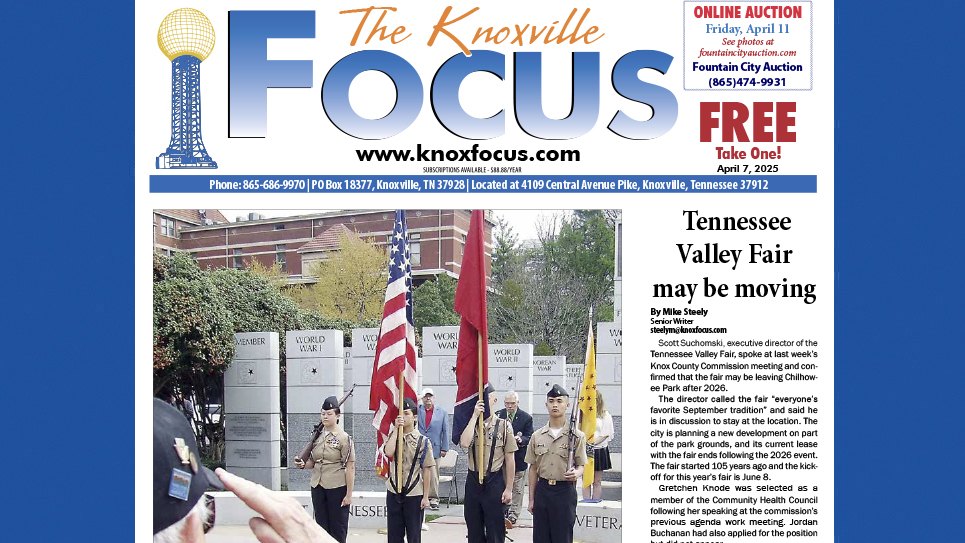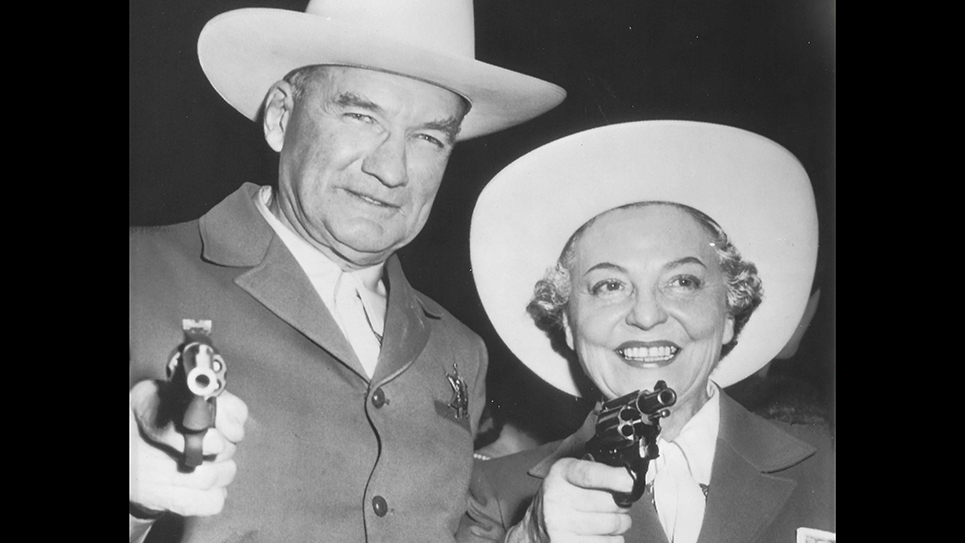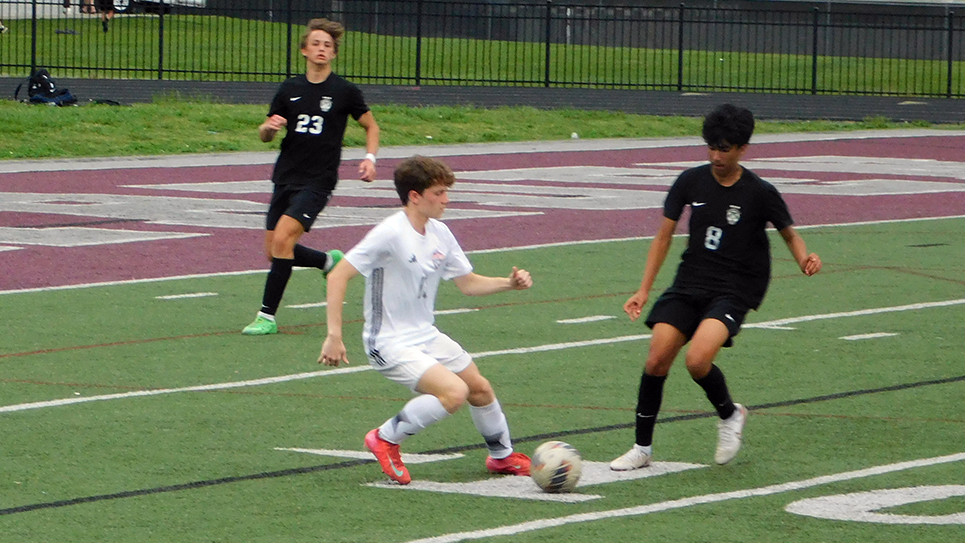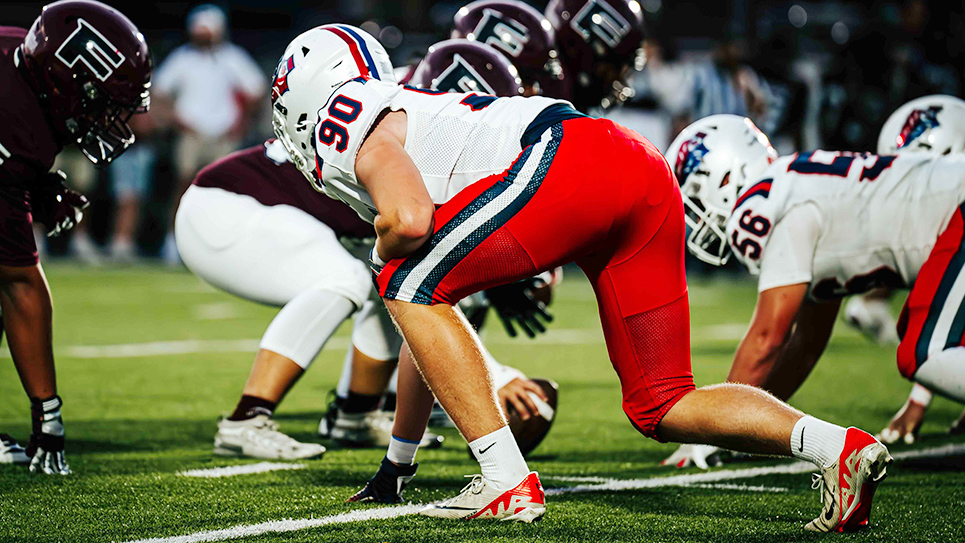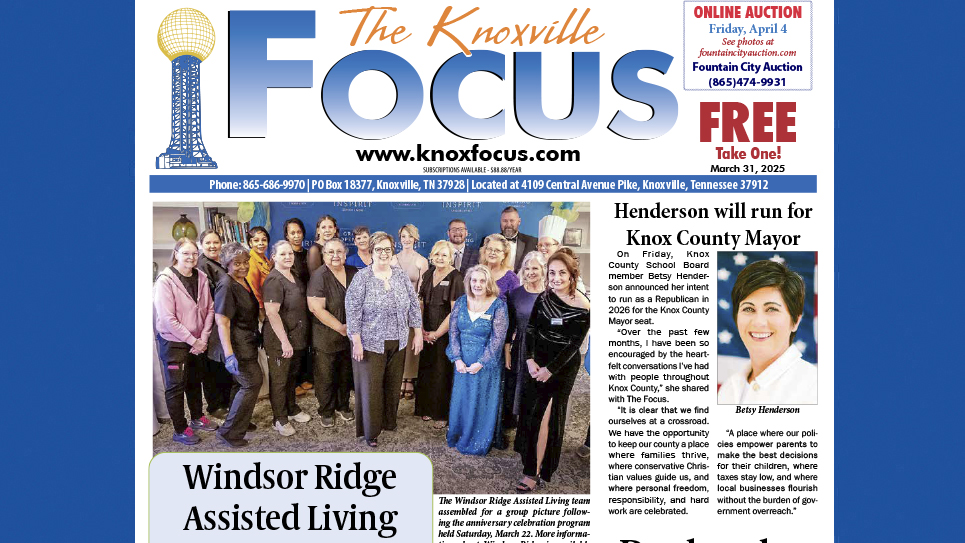By Sharon Frankenberg,
Attorney at Law
A planned unit development (usually referred to as a PUD) is an area of land to be developed under unified control or under a unified plan of development for a number of dwelling units, commercial, educational, recreational or industrial uses, or any combination of these, the plan for which does not correspond in lot size, bulk or type of use, density, lot coverage, open space or other restrictions to the existing land use regulations. The master plan for the PUD must be approved by the state and local authorities. The master plan will reference a plat map of the development and outlines restrictive covenants in place.
PUDs are governed through homeowners’ associations which are, in turn, governed by written bylaws. Various unit dues and authorized fees may be assessed and collected by authority of the homeowners’ associations. Some PUD homeowners’ associations are responsible for exterior maintenance and clean up so these costs will be passed on to unit owners. Also, exterior design and decorating decisions (mailboxes, skylights, colors, doors, windows, etc.) may be controlled by the homeowners’ association. Costs for trash pick up and lawn care are also commonly authorized to be charged to unit owners. Unpaid assessments may be filed as liens against the delinquent owner’s real property in the local office of the register of deeds.
A PUD differs from a condominium in that the purchaser of a PUD unit actually owns a lot within the PUD and the structure or improvements thereon. You receive rights and easements to use the common areas owned by another. These common areas are often owned by the homeowners’ association itself. In a condominium development, everything is owned in common with the other property owners. Each individual property owner owns the airspace within his or her own walls. The building structures, land and amenities are owned in common with other members of the homeowners’ association. You only own a fraction of the whole property development. So, if there are 99 condominium units in the development, you will own a 1/99th undivided interest in the land and improvements.
Prior to entering into a contract to sell a unit in a PUD, state law requires that the seller must disclose in writing that the property is in a PUD and make available to the buyer a copy of the development’s restrictive covenants, homeowner bylaws and master deed upon request. This PUD disclosure may be included in the contract itself but, either way, it should be acknowledged by the buyer.
This requirement is in addition to the statutory property condition disclosure requirements for transfers of residential property.
Sharon Frankenberg is an experienced attorney licensed in Tennessee since 1988. She is a sole practitioner who handles real estate, foreclosures, landlord-tenant, probate, collections and general civil matters. She represents Social Security disability claimants and she represents creditors in bankruptcy proceedings. Her office is in Knoxville and she may be reached at (865)539-2100.

